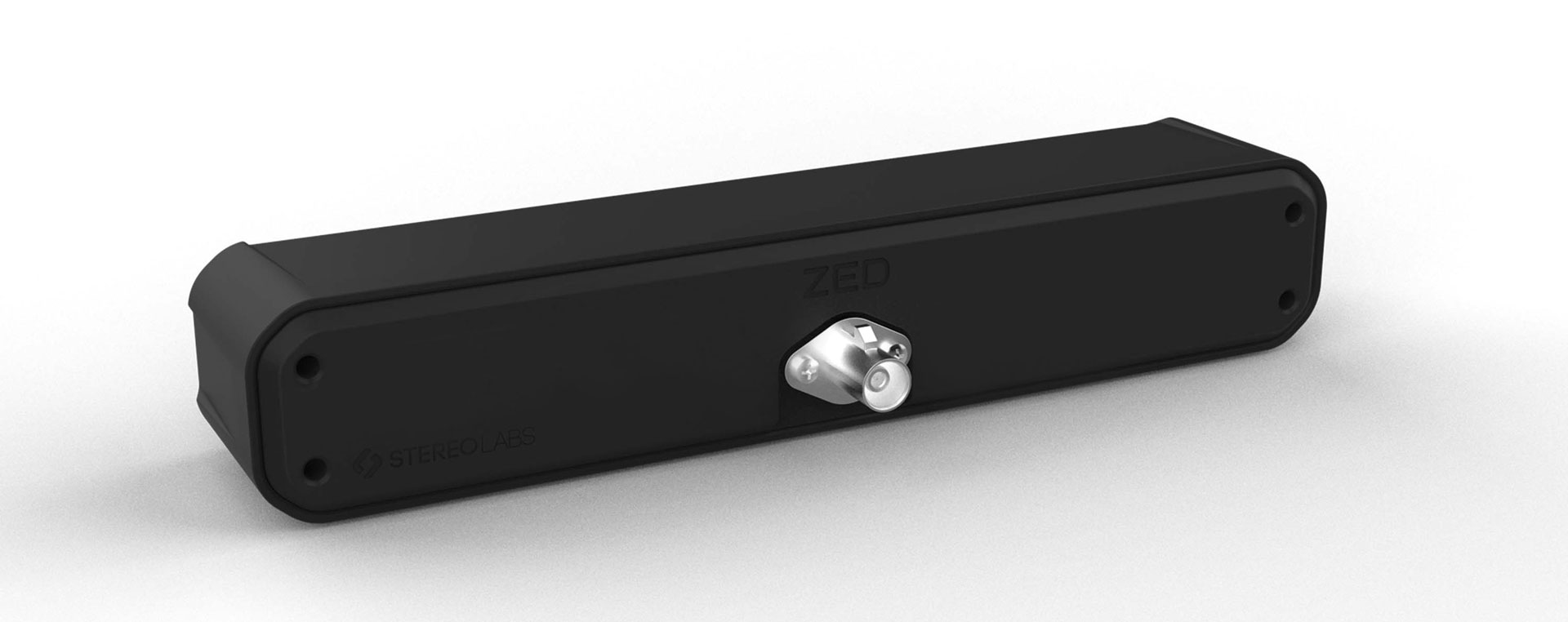Stereolabs, a provider of 3D depth and motion sensing solutions, has integrated its ZED SDK and ZED X stereo cameras with NVIDIA Isaac Sim and added support for NVIDIA Isaac ROS. The move, the camera maker said, aims to accelerate development of space-aware autonomous robots.

Stereolabs’ ZED X stereo camera. Courtesy of Stereolabs.
More specifically, the integration will allow developers to use Stereolabs’ stereo cameras virtually through the Isaac Sim platform, with the added functionality enabling users to create robotics applications entirely in simulation. Users gain access to the exact 3D model of the ZED X camera to test and validate the number of cameras required, positioning, resolution, frame rate, and field of view. Developers can also test ZED SDK-based tasks and applications, such as depth sensing, localization, and object detection, in a virtual environment and simulate real-world scenarios, such as navigating obstacles in a warehouse.
The cameras are also now compatible and integrated with NVIDIA Jetson modules and have also been made compatible with NVIDIA Isaac ROS, a collection of hardware-accelerated, low-latency packages. Additional benefits of the integration, Stereolabs said, are the ability to safely test robots in real-world conditions, such as in a warehouse where there is need to navigate obstacles, and the ability to use synthetic data generation to train AI. As an alternative to physical cameras, the company said, developers can send synthetic streaming frames from Isaac Sim to the Stereolabs SDK to train machine learning models and improve the performance of AI vision-based robots.